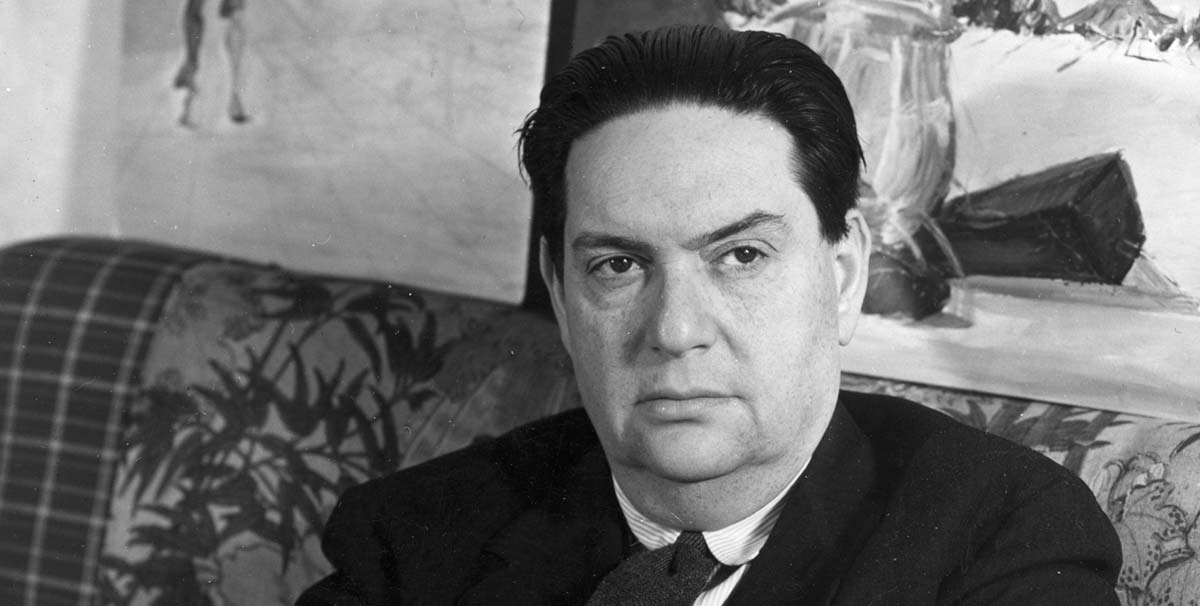
Darius Milhaud – Biography and Life
Darius Milhaud, a pioneering figure in 20th-century classical music, left an indelible mark on the world with his innovative compositions and boundless creativity. Born on[…]
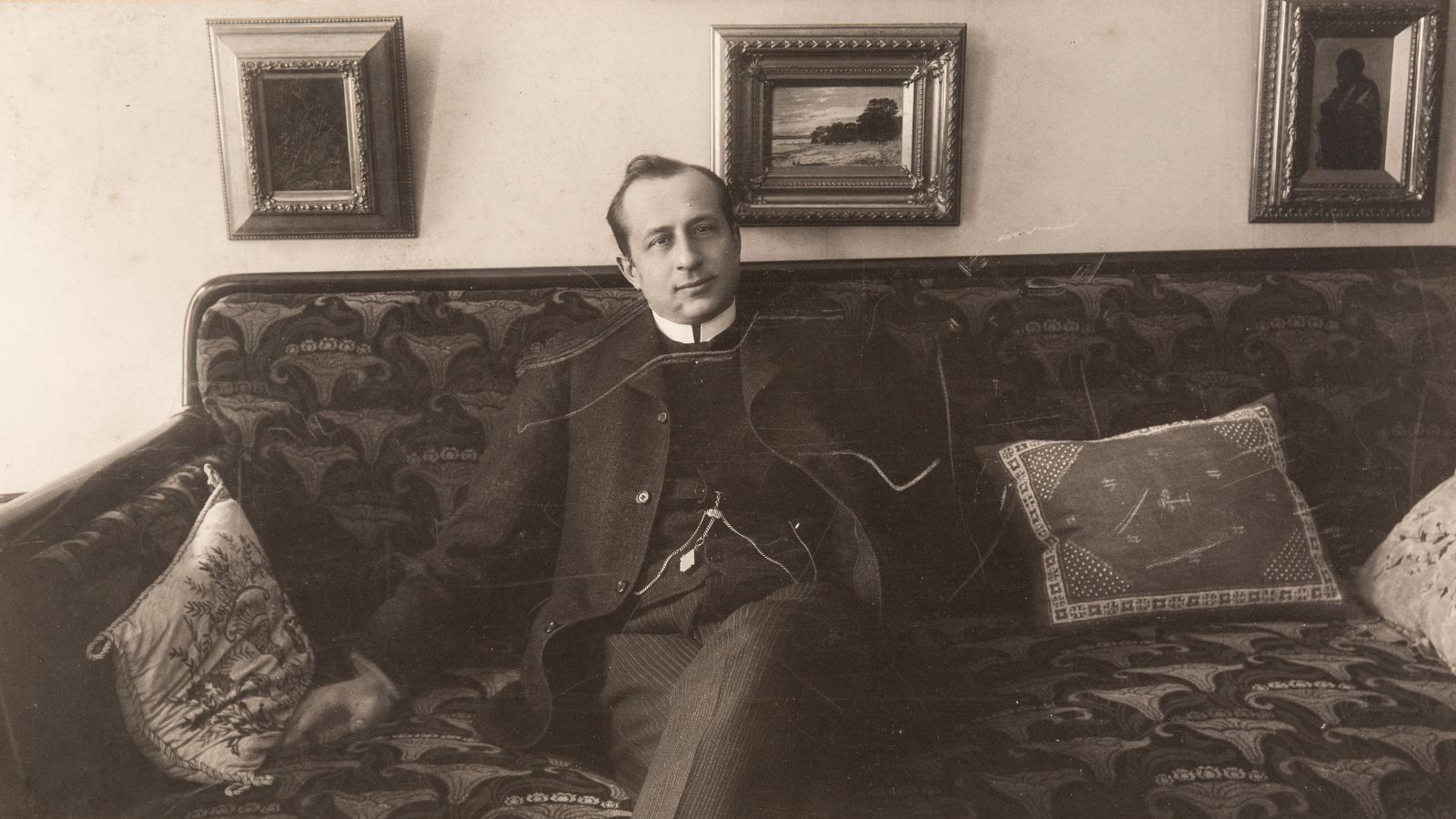
Alexander Siloti – Biography and Life
Alexander Siloti was a luminary in the realm of classical music, renowned for his exceptional talent as a pianist, conductor, and composer. Born on October[…]
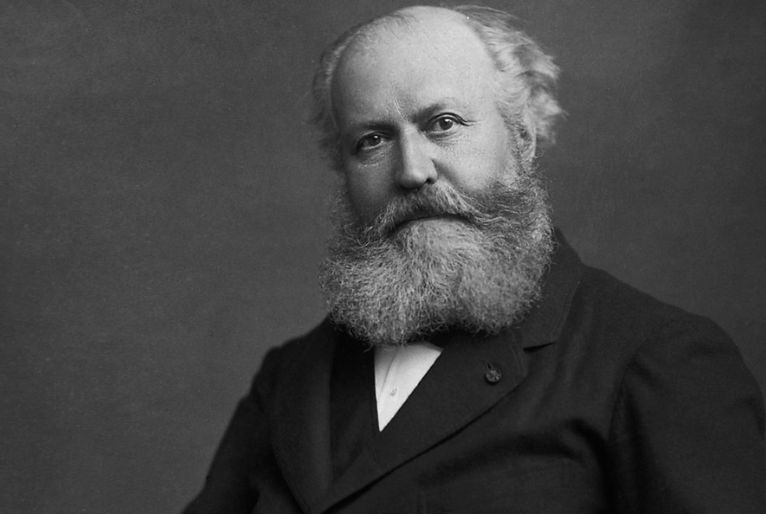
10 Fascinating Facts about Charles Gounod
Charles Gounod, a luminary of 19th-century French music, graced the world with his enchanting melodies and profound compositions. Born on June 17, 1818, in Paris,[…]
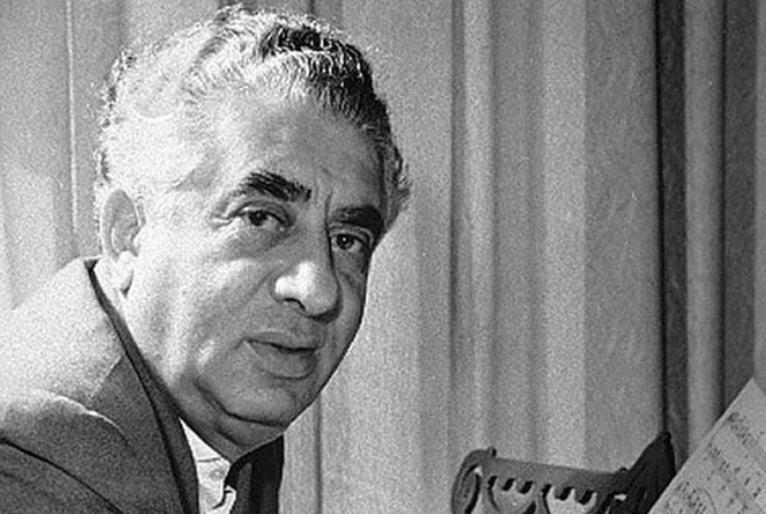
10 Fascinating Facts about Aram Khachaturian
Aram Khachaturian, the eminent Soviet composer of Armenian descent, left an indelible mark on the world of classical music with his innovative compositions. Here are[…]
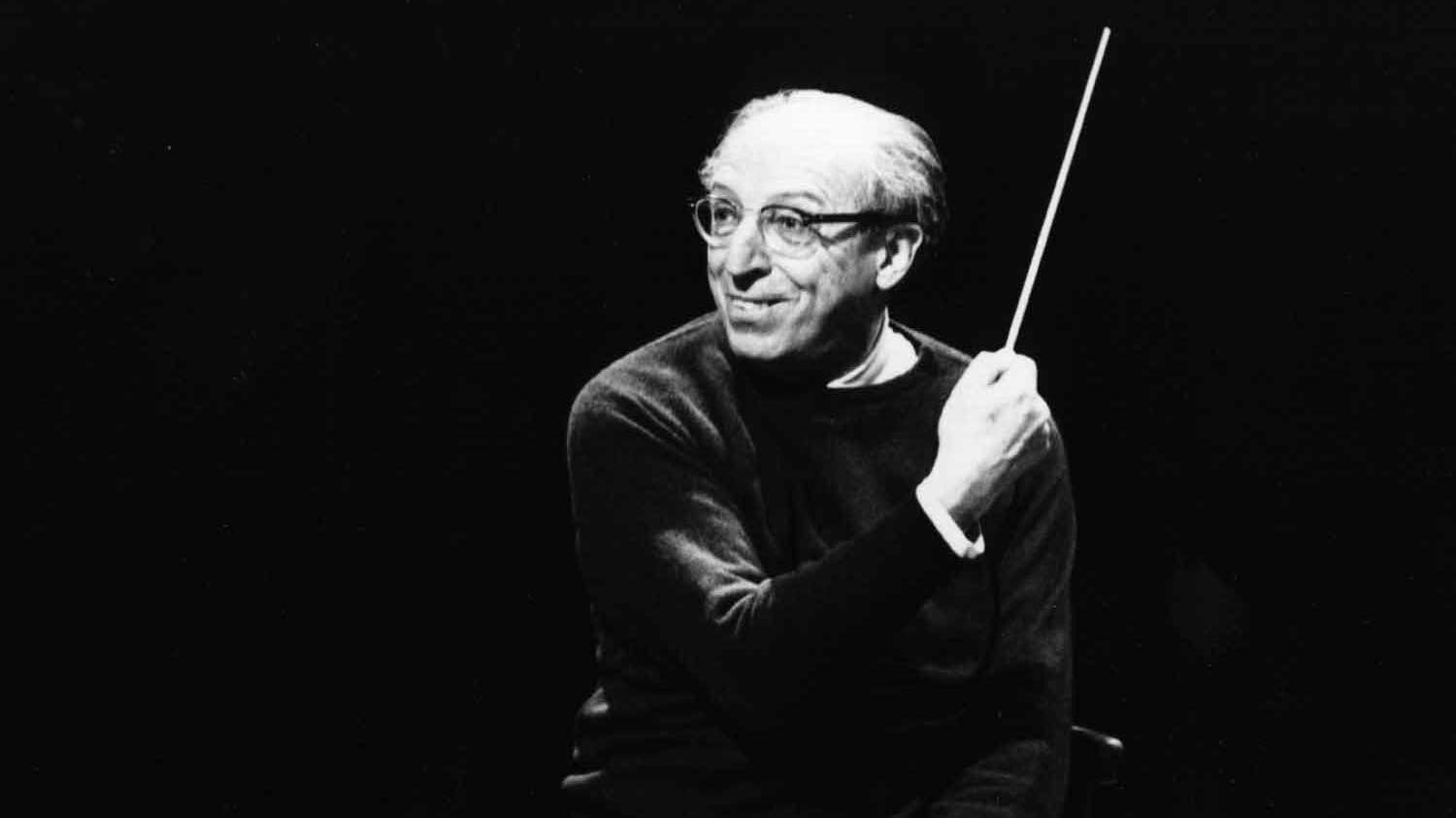
10 Fascinating Facts about Aaron Copland
Aaron Copland, one of America’s most celebrated composers, left an indelible mark on the world of classical music. Here are 10 fascinating facts about his[…]
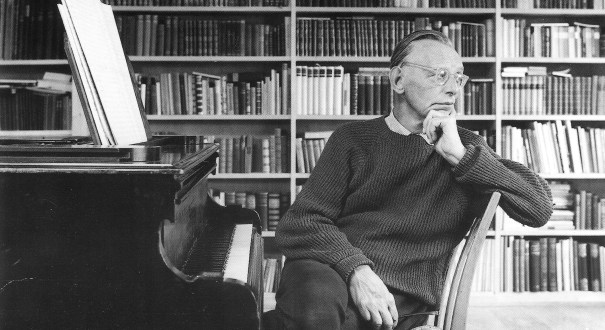
10 Fascinating Facts about Carl Orff
Carl Orff, a German composer, is best known for his masterpiece “Carmina Burana,” but his contributions to music extend far beyond this iconic work. Delve[…]
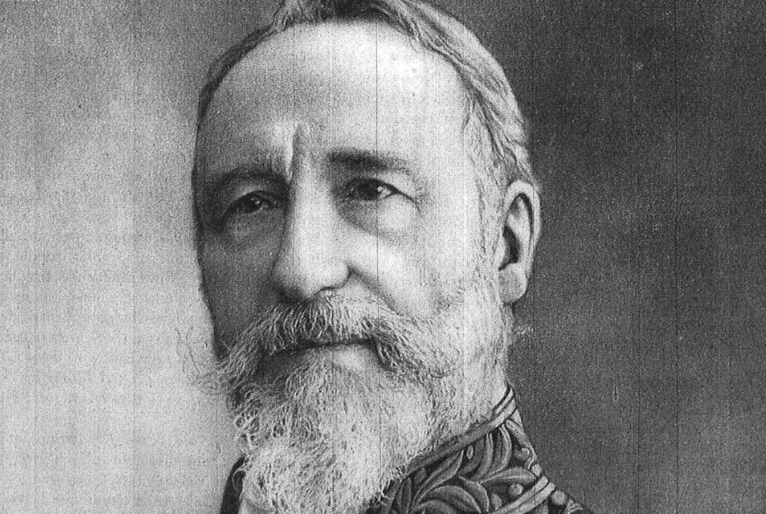
Theodore Dubois – Biography and Life
Théodore Dubois, a luminary of the French musical scene in the 19th century, orchestrated his life with the same finesse and creativity with which he[…]
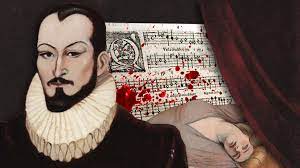
10 Fascinating Facts about Carlo Gesualdo
Carlo Gesualdo, Prince of Venosa (1566–1613), was not only a composer but also a nobleman, infamous for his tumultuous life and revolutionary music. Here are[…]
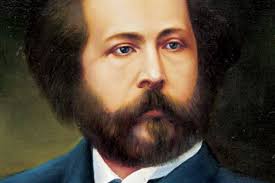
Édouard Lalo – Biography and Life
Édouard Lalo, a prominent figure in the annals of classical music, was born on January 27, 1823, in Lille, France. His musical journey began at[…]
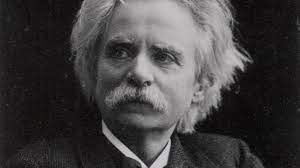
10 Fascinating Facts about Edvard Grieg
Edvard Hagerup Grieg, the renowned Norwegian composer, remains one of the most celebrated figures in classical music history. Born on June 15, 1843, in Bergen,[…]